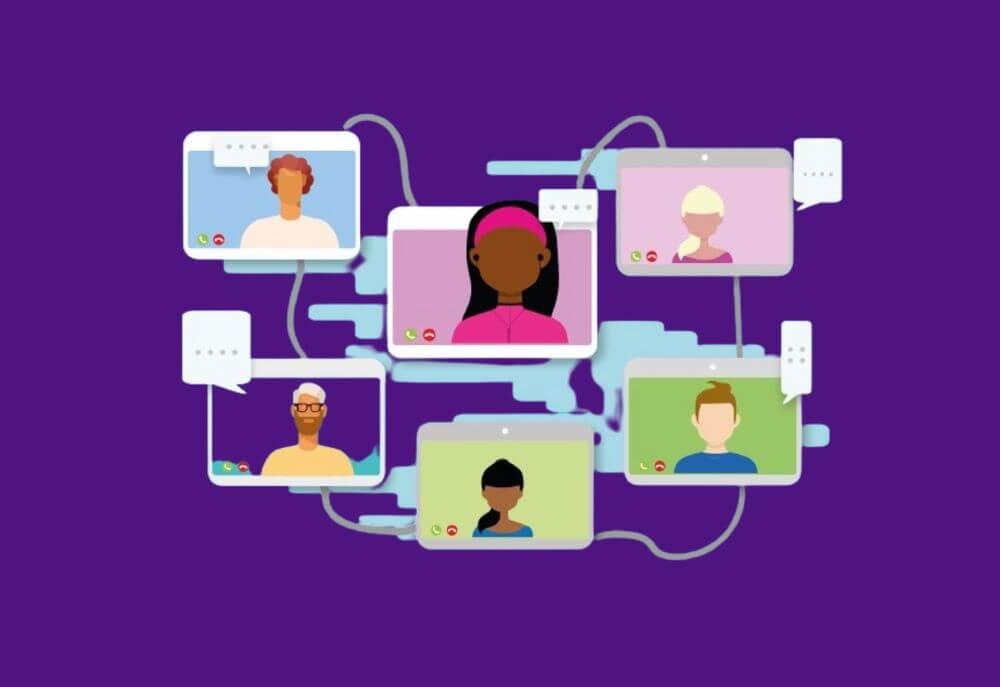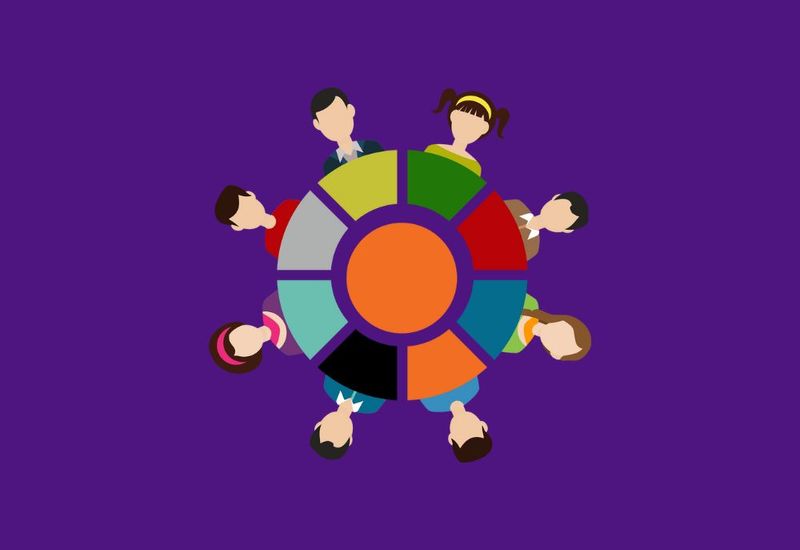Navigating today’s ever-evolving job market requires more than ambition and hard work; it demands a clear and actionable plan for career development.
Whether you’re aiming for a promotion, contemplating a shift in your career path, or seeking to enhance your skill set, a meticulously crafted career development plan is indispensable.
This guide is designed to provide a structured approach to defining your career goals, identifying the necessary steps to achieve them, and outlining the skills and resources you’ll need along the way.
Focusing on practical strategies and actionable insights, we aim to empower you to take charge of your career journey and achieve your professional aspirations.
Understanding a Career Development Plan
A career development plan is a strategic document that outlines your career goals and the steps you need to take to achieve them. It serves as a personalized roadmap, guiding you from your current position to where you aspire to be.
This plan not only helps in setting realistic career objectives but also in identifying the skills and resources required to reach those goals.
What Should I Write in My Career Development Plan?
Embarking on the journey of creating a career development plan can initially seem daunting.
You might wonder, “What should I write in my career development plan?” Start by envisioning where you see yourself in the future – think about your ideal job role, the skills you want to master, and the professional milestones you aim to achieve.
Your plan should include specific career goals, both short-term and long-term, a thorough assessment of your current skills and experiences, and a detailed action plan outlining the steps you’ll take to bridge the gap between where you are now and where you want to be.
Remember, the essence of a career development plan lies in its ability to guide your professional growth journey, so include elements that inspire you, challenge you, and push you toward your ultimate career aspirations.
Key Components of a Career Development Plan
- Career Goals: Clearly define your short-term and long-term career objectives. These should be specific, measurable, achievable, relevant, and time-bound (SMART).
- Current Position and Skills: Assess your current job role and skill set.
Understanding where you stand helps identify the gap between your current situation and career aspirations.
- Skills Gap Analysis: Identify the skills and knowledge you need to acquire or improve to advance your career. This involves comparing your current skills with those required for your target role.
- Action Plan: Develop a detailed action plan that outlines the steps you need to take to achieve your goals. This could include further education, training, networking, or gaining work experience.
- Support and Resources: Determine the resources and support systems available to you, such as mentors, professional networks, or development programs offered by your employer.
- Review and Adjust: Regularly review your career development plan to track your progress and make adjustments as needed.
Flexibility is key, as your goals and circumstances may change over time.
Beyond the Basics
While the steps outlined above provide a solid foundation for creating a career development plan, it’s important to remember that career growth is not linear.
Be open to exploring new opportunities and learning from setbacks.
Additionally, staying informed about industry trends and continuously updating your skills are crucial for long-term career success.
In this context, effective communication and regular check-ins with your team can play a pivotal role in aligning individual career goals with organizational objectives, setting the stage for a transformative approach to traditional meetings.
Cultup: Revolutionizing 1-on-1s
Are you tired of your pointless 1-on-1s that you have one or two times a year and that never seem to go anywhere?
With Cultup, you can transform these meetings into productive and trackable sessions that genuinely contribute to career development. Cultup allows you to set up a workspace with each of your employees, turning 1-on-1s into an easily trackable process throughout the year.
Both you and your employees will constantly have easy access to what was discussed last time, what goals have been set, and so forth.
This continuous access and tracking make it easier to ensure that both parties are on the same page and working towards the same objectives, making every 1-on-1 count.
Conclusion
A career development plan is a powerful tool to guide you through career growth and development complexities.
By setting clear goals, identifying the necessary steps to achieve them, and regularly reviewing and adjusting your plan, you can navigate your career path with confidence and purpose.
Remember, the journey to achieving your career aspirations is ongoing, and flexibility, perseverance, and a willingness to learn are key to success.



